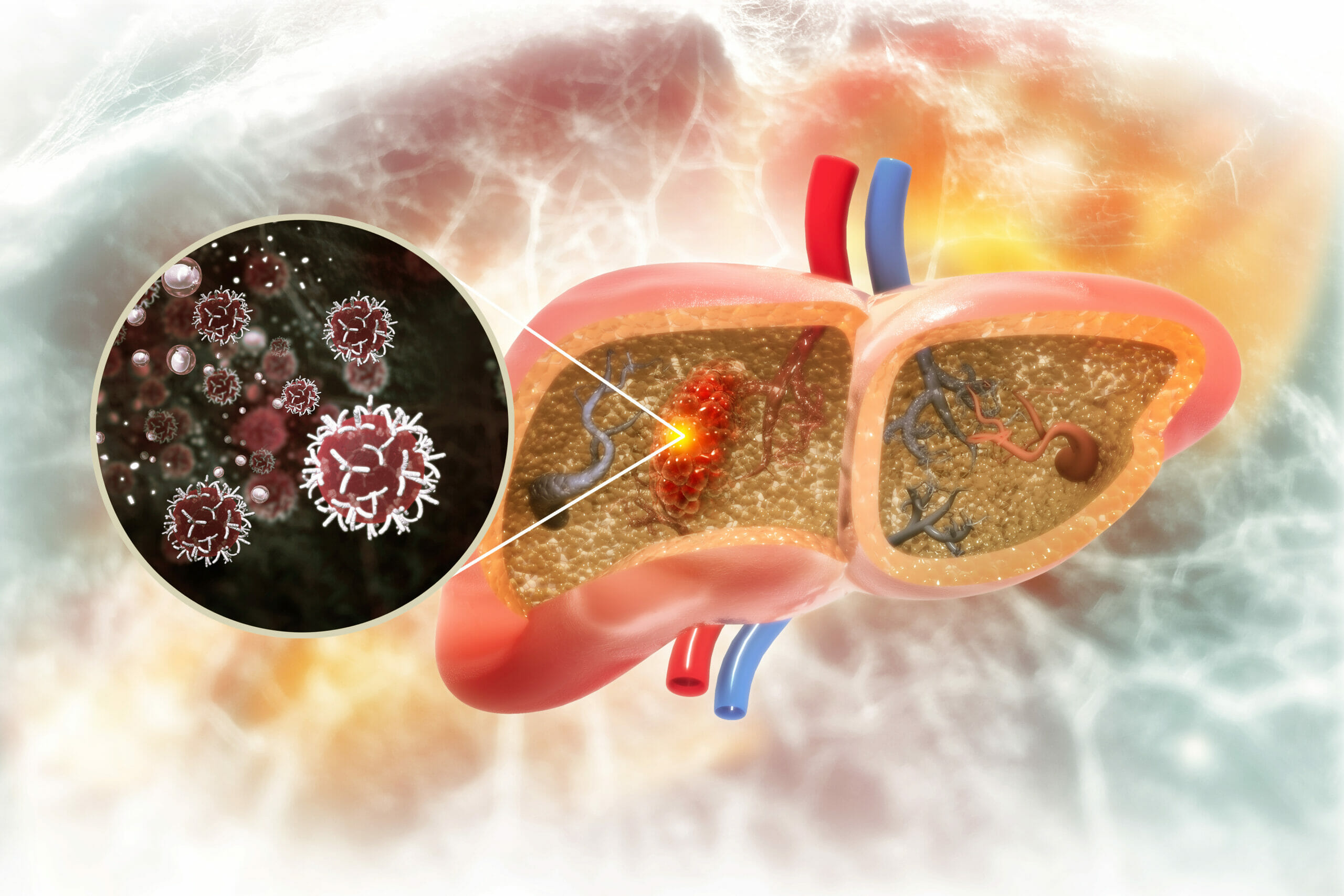In a groundbreaking study conducted by the Asian Institute of Gastroenterology (AIG), a promising breakthrough in liver cancer treatment has been unveiled, heralding renewed hope for patients grappling with this formidable disease. The study focused on utilizing the potential of Atezolizumab-Bevacizumab immunotherapy, harnessing the body's immune system to combat cancer cells effectively.
Atezolizumab-Bevacizumab, an immunotherapeutic combination, has demonstrated substantial success in managing unresectable hepatocellular carcinoma (uHCC) in real-world settings. The study involved 67 patients with uHCC, comprising 59 individuals from AIG Hospital, Hyderabad, and 8 from Mahatma Gandhi Medical College, Jaipur. The median age of the patients receiving this combination therapy was 61 years, with a majority being males.
The results of the study are indeed promising. Researchers reported that 12.9 per cent of patients achieved complete resolution of tumours, while 25.8 per cent experienced partial resolution or shrinking of tumours. Furthermore, the disease progression halted in an impressive 66.12 per cent of the patients under examination.
In patients with well-functioning livers, the overall survival span reached an encouraging 21 months. Given that liver cancer is often diagnosed at advanced stages, this breakthrough treatment offers a glimmer of hope for improved survival rates, especially when administered to patients with optimal liver function.
An intriguing finding of the study was the enhanced response rates observed in patients who had undergone local radiation therapy in addition to the Atezolizumab-Bevacizumab combination. This suggests the heightened efficacy of this immunotherapeutic pairing in conjunction with localized radiation treatment.
Dr. Nageshwar Reddy, Chairman and Chief of Gastroenterology at AIG Hospitals, emphasized how liver cancer's dynamics are shifting from hepatitis B as a primary cause to non-alcoholic steatohepatitis (NASH or fatty liver) due to contemporary lifestyle choices. This breakthrough immunotherapy has revolutionized the management of advanced liver cancer, offering a more promising approach beyond traditional oral treatments.
Dr. Ashish Kumar, a Senior Consultant from Sir Gangaram Hospital, Delhi, stressed the significance of Atezolizumab-Bevacizumab as the recommended first-line therapy for advanced liver cancer, especially for patients with preserved liver functions. In a country like India, where liver cancer's incidence remains a significant concern, this therapeutic advancement offers a beacon of hope for patients grappling with this formidable disease.
In conclusion, The study not only signifies a transformative milestone in liver cancer treatment but also underscores the critical importance of regular check-ups for patients with cirrhosis. Early detection and timely intervention with Atezolizumab-Bevacizumab immunotherapy could be pivotal in improving outcomes and enhancing the quality of life for liver cancer patients in India. This breakthrough paves the way for a more optimistic future in the battle against liver cancer.

 Indian study: Atezolizumab-Bevacizumab combo in uHCC shows promising results, with tumour shrinkage and survival benefits, especially when coupled with early treatment and local radiation therapy.
Indian study: Atezolizumab-Bevacizumab combo in uHCC shows promising results, with tumour shrinkage and survival benefits, especially when coupled with early treatment and local radiation therapy.









.jpeg)

.jpeg)
.jpeg)
.jpeg)


.jpg)


.jpeg)
.jpeg)


.jpeg)
.jpg)




